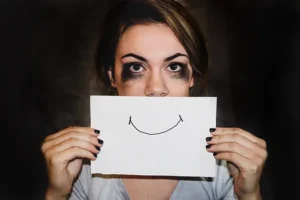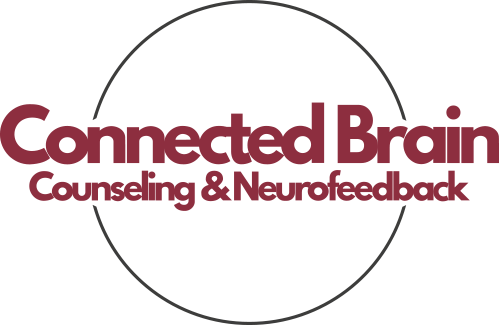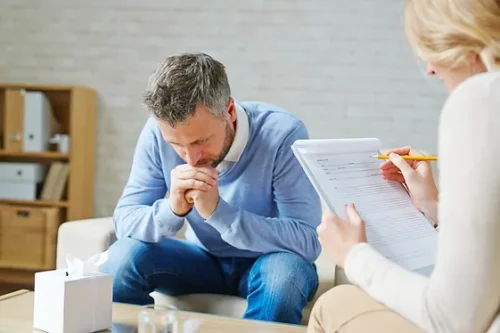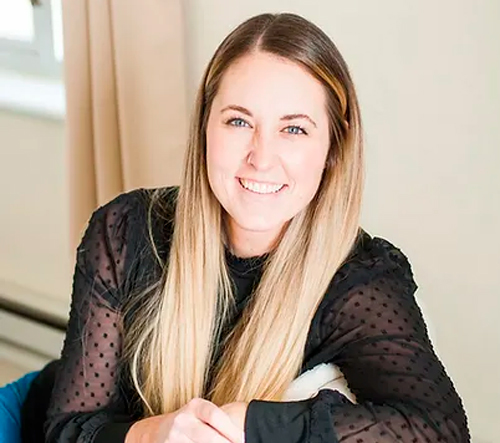Depression is a complex mental health condition that affects millions of people worldwide. While medication is often prescribed to manage symptoms, many individuals seek non-pharmaceutical treatments. Whether due to personal preferences, side effects, or other reasons, there are several alternative methods that can be just as effective for treating depression. In this blog, we’ll explore different approaches to managing depression without relying on medication.
Therapy and Counseling
One of the most effective ways to treat depression without medication is through therapy, particularly Cognitive-Behavioral Therapy (CBT). CBT helps individuals identify and challenge negative thought patterns that contribute to depression. This form of therapy is evidence-based and has shown long-lasting benefits.
- CBT focuses on changing unhelpful thought patterns and behaviors, allowing individuals to develop healthier coping mechanisms.
- Interpersonal Therapy (IPT) addresses the role relationships play in an individual’s mental health and can help improve communication and relationship-building skills.
- Psychodynamic Therapy aims to explore unconscious emotions and past experiences that may contribute to current mental health challenges.
Therapy can provide the tools to manage symptoms and promote self-awareness, which is crucial for long-term mental health improvement.
Exercise and Physical Activity
Regular physical activity has been shown to have a significant positive impact on mental health, including depression. Exercise increases the production of endorphins, which are chemicals in the brain that help boost mood.
- Aerobic Exercise such as running, swimming, or walking can be particularly effective in improving mood.
- Strength Training can also help alleviate symptoms of depression, as it enhances self-esteem and boosts overall energy levels.
The key is consistency. Even moderate physical activity, like a daily 30-minute walk, can have a profound impact on reducing depressive symptoms over time.
Mindfulness and Meditation
Mindfulness practices help individuals focus on the present moment, reducing the tendency to ruminate on negative thoughts or experiences, which is common in depression.
- Mindfulness-Based Cognitive Therapy (MBCT) combines mindfulness strategies with cognitive-behavioral techniques to prevent the recurrence of depression.
- Meditation encourages relaxation and can help quiet the mind, reduce stress, and improve mood. Practices such as deep breathing, progressive muscle relaxation, and guided visualization are common techniques that promote mindfulness.
Regular meditation has been linked to decreased symptoms of anxiety and depression, as it helps to regulate emotions and enhances mental clarity.
Social Support and Connection
Social isolation often exacerbates depression, making it essential to stay connected with friends, family, or support groups. Surrounding yourself with positive and supportive people can help reduce feelings of loneliness and increase emotional well-being.
- Support Groups can provide a safe space to share experiences with others who are going through similar challenges.
- Talking to Trusted Loved Ones can help provide emotional relief and prevent feelings of isolation.
Building and maintaining social connections may require effort, especially when feeling depressed, but it plays a critical role in recovery.
Healthy Eating and Nutritional Approaches
The link between diet and mental health is well-documented, and adopting a nutrient-rich diet can have a positive impact on mood and energy levels.
- Omega-3 Fatty Acids found in fish like salmon and walnuts are known to support brain health and reduce symptoms of depression.
- Antioxidant-Rich Foods like fruits, vegetables, and whole grains can help combat oxidative stress, which may contribute to depression.
- Avoiding Processed Foods and Sugar is essential as they can cause mood swings and contribute to lethargy.
A balanced diet ensures your body and mind receive the nutrients needed to maintain mental health and resilience.
Sleep Hygiene and Routine
Sleep disturbances are both a symptom and a contributor to depression. Improving your sleep habits, known as sleep hygiene, can make a significant difference in how you feel throughout the day.
- Establish a consistent sleep schedule by going to bed and waking up at the same time every day.
- Create a relaxing bedtime routine, such as reading or taking a warm bath before bed.
- Avoid screens and electronics before bed, as they can interfere with sleep quality.
Prioritizing good sleep hygiene can help regulate mood, improve concentration, and reduce irritability.
 Creative Outlets and Hobbies
Creative Outlets and Hobbies
Engaging in creative activities or hobbies can help shift your focus away from negative thought patterns and provide a sense of accomplishment.
- Activities like drawing, writing, music, or gardening can be incredibly therapeutic.
- Hobbies that involve self-expression allow individuals to channel their emotions in a constructive way.
Participating in activities that bring joy and fulfillment can improve your overall sense of well-being and reduce depressive symptoms.
Treating depression without medication is not only possible but can be incredibly effective with the right approach. Therapy, physical activity, mindfulness, social connection, healthy eating, and good sleep habits are just a few of the many methods available to manage and reduce depressive symptoms.
- American Psychological Association – Depression: What Is Cognitive Behavioral Therapy?
The American Psychological Association provides an overview of cognitive-behavioral therapy and its effectiveness in treating depression. - Harvard Medical School – Exercise and Depression
This article from Harvard Medical School explains the connection between physical exercise and the reduction of depressive symptoms. - National Institute of Mental Health – Depression
The National Institute of Mental Health offers insights into depression and various treatment options, including non-medication approaches.
At Connected Brain Counseling, we are dedicated to helping you find the best approach that works for your individual needs. If you’re ready to explore non-medication options for treating depression, contact us today to schedule a free consultation and begin your journey to better mental health.





